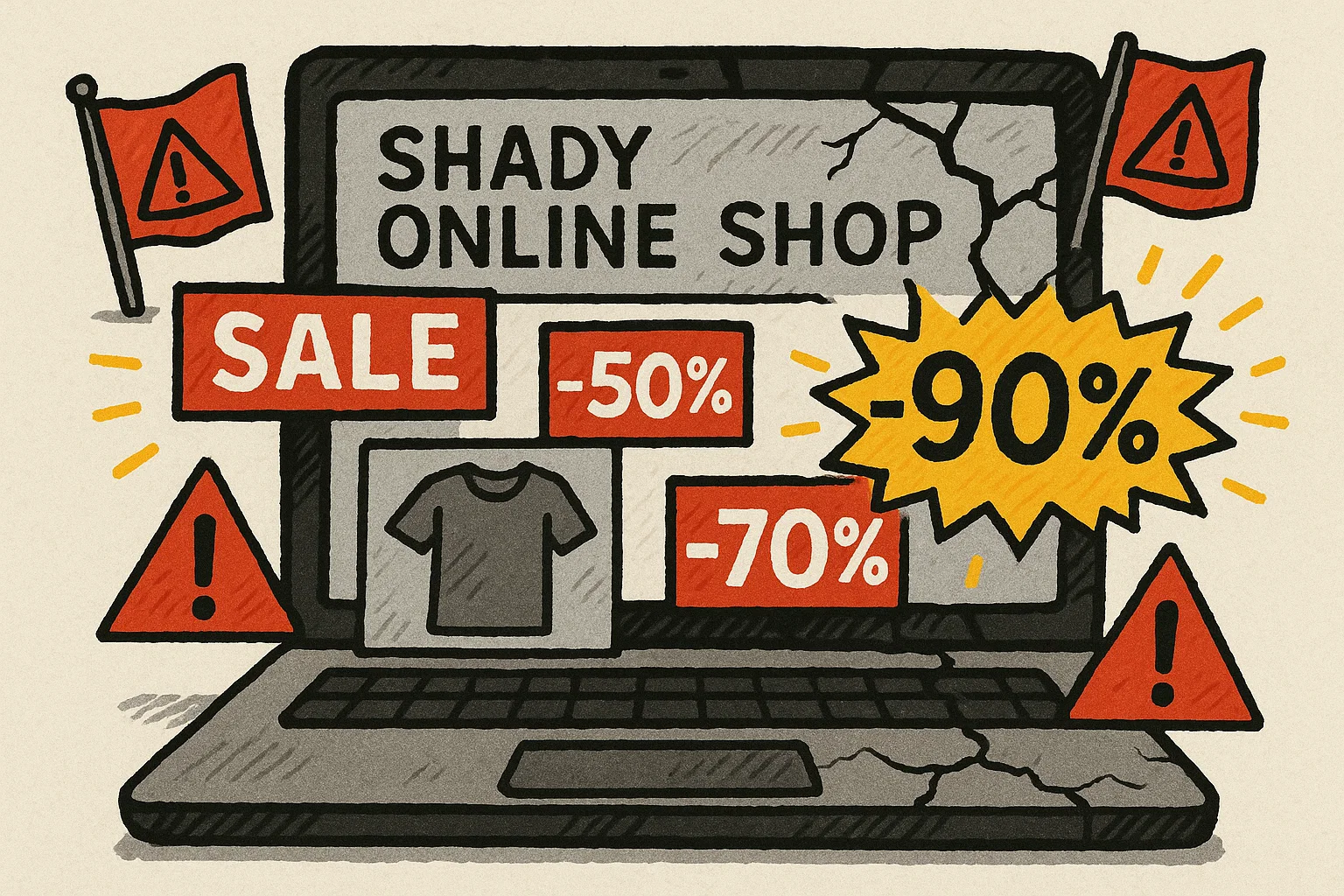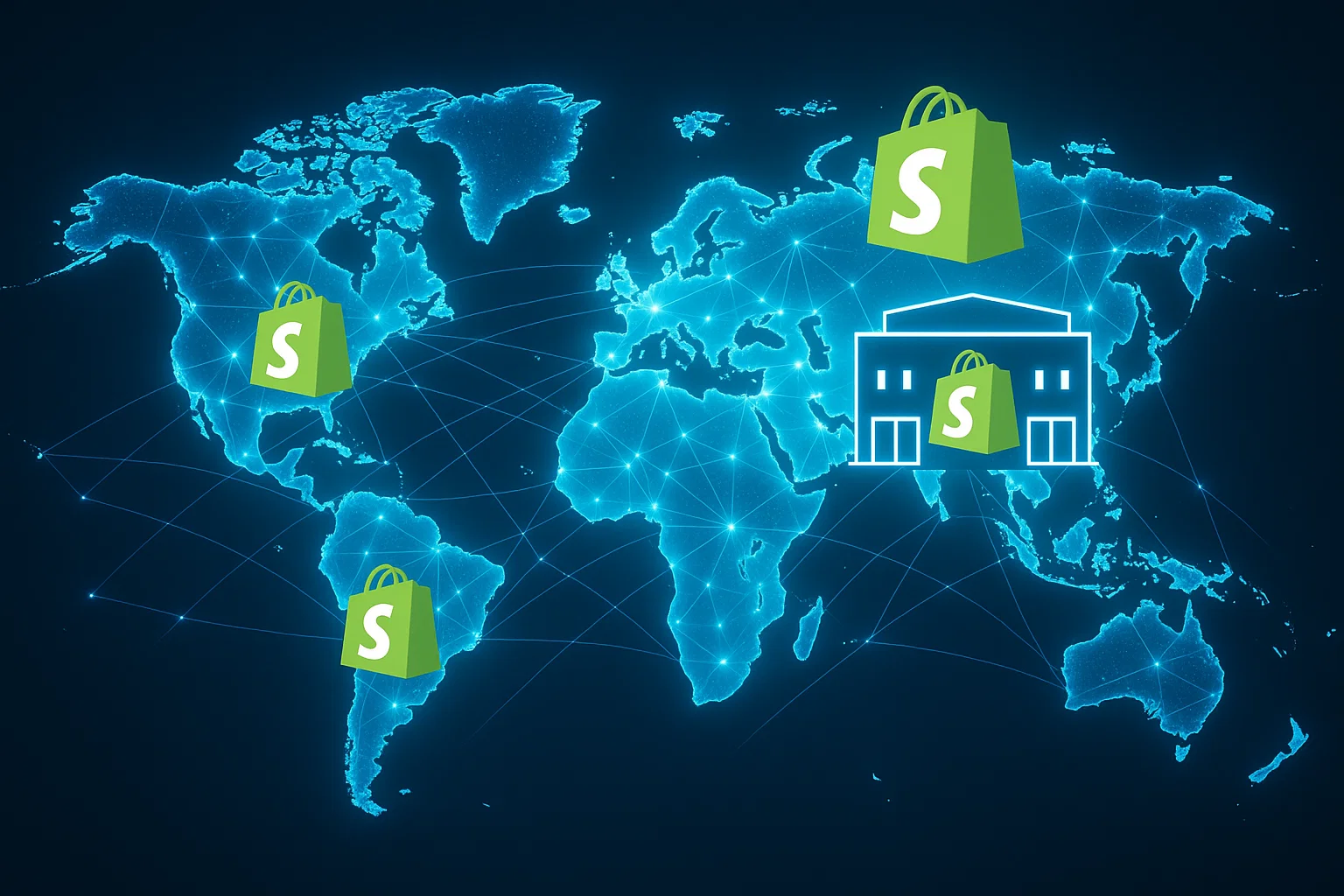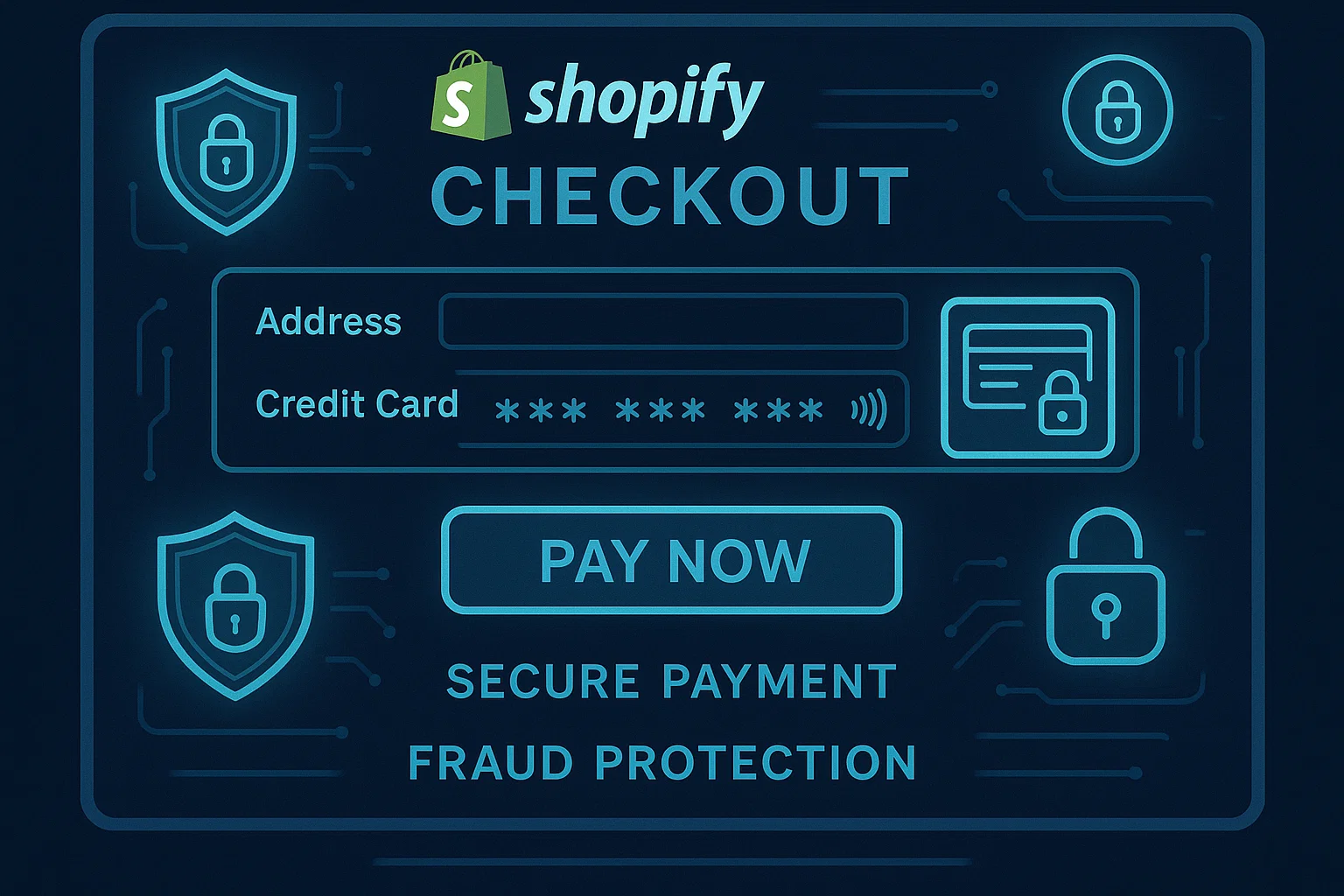With online shopping continuing to grow, many consumers ask the same question: are Shopify stores legit? It is an important concern, especially when new brands appear daily across social media and search engines. Shopify has become one of the most popular eCommerce platforms in the world, powering millions of businesses of every size. The platform itself is secure and trusted, but that does not automatically guarantee that every store operating on it is legitimate. Understanding how Shopify works, why it is reliable, and how to identify red flags can help shoppers feel more confident while making purchases online.

What Shopify Is and How It Works
Shopify launched in 2006 as a solution for businesses looking to sell products online without needing advanced technical knowledge. Since then, it has grown into a global leader in eCommerce. Shopify provides hosting, security, checkout systems, and design templates, making it easier for entrepreneurs to create online stores. Today, Shopify powers more than 4 million websites worldwide, from small local shops to global brands like Gymshark and Allbirds. The platform itself is fully legitimate, secure, and PCI-compliant for handling payments. When people ask, are Shopify stores legit, the real question usually relates to how individual businesses use the platform rather than the platform itself.
Why Businesses Choose Shopify
Shopify has become a go-to choice for both new entrepreneurs and established companies. It offers flexibility, scalability, and a wide range of tools. Businesses can customize store designs, manage inventory, and accept payments through secure gateways. With the help of professional Shopify Website Design, companies can create polished, trustworthy online experiences that encourage customers to shop with confidence. According to Forbes, Shopify has established itself as one of the leading platforms for eCommerce growth. The platform’s widespread adoption shows that it is secure and reliable at its core.

Common Concerns About Online Store Legitimacy
When shoppers ask, are Shopify stores legit, their concerns usually focus on the practices of individual merchants. Customers worry about product authenticity, refund policies, and whether payment information is safe. Because Shopify allows anyone to create a store, some less trustworthy sellers may use it too. However, this risk exists with any platform that enables third-party businesses. Understanding how to evaluate a store helps consumers separate legitimate shops from questionable ones.
How to Tell if a Shopify Store Is Legitimate
Several indicators help identify trustworthy stores. A secure website will always display HTTPS in its URL, which ensures encrypted communication. Professional design, clear product descriptions, and original photos suggest a brand has invested effort in building its store. Policies regarding returns, refunds, and shipping should be easy to find. Legitimate businesses provide accurate contact information and customer support channels. Reviews on third-party platforms such as Trustpilot also provide valuable insight into customer experiences. Social media presence with real engagement offers another sign of legitimacy. Shoppers who evaluate these signals are less likely to encounter problems.

Why Shopify as a Platform Is Trusted Globally
Shopify itself is built on secure technology. It provides PCI-compliant payment gateways, SSL certificates, and fraud detection tools. The platform continuously invests in security updates to protect both merchants and shoppers. The fact that globally recognized brands rely on Shopify demonstrates its credibility. When people doubt whether Shopify stores are legit, they should remember that the platform powers businesses of every size—from start-ups to international corporations. The trustworthiness of a store depends not on Shopify but on the practices of the individual merchant.
Consumer Protection on Shopify Stores
One reason Shopify stores are generally safe is the platform’s focus on consumer protection. Shopify requires its merchants to use secure checkout systems, reducing the risk of stolen data. Many stores also integrate with established payment processors like PayPal, Apple Pay, and Google Pay, which add additional layers of buyer protection. If a customer does encounter fraud, these payment services often provide avenues for dispute resolution. Shopify’s own fraud analysis tools flag suspicious orders to protect both buyers and sellers. These measures make the platform itself reliable, even if individual merchants may vary in quality.

Why Some Scammers Target Shopify
Like any popular platform, Shopify occasionally attracts bad actors who attempt to create scam stores. These scammers hope to take advantage of Shopify’s reputation. However, fraudulent stores are usually short-lived because they are quickly flagged by payment processors, customers, or Shopify itself. Shoppers can protect themselves by being cautious of unrealistic prices, unclear policies, or stores that appear overnight without a history. By recognizing common scam tactics, customers can safely enjoy the benefits of shopping with reputable Shopify stores.
The Difference Between Shopify and Individual Store Owners
Asking whether Shopify stores are legit is similar to asking if all sellers on Amazon or eBay are trustworthy. The platform provides infrastructure, but individual merchants determine how they operate. Some will provide excellent service, while others may fall short. Recognizing this distinction helps customers make better judgments. Shopify is legitimate as a platform, but shoppers should evaluate each store before making a purchase. Businesses that invest in quality design, customer service, and SEO are far more likely to operate legitimately and build long-term trust.

Benefits of Professional Shopify Website Design
A polished online store is one of the strongest indicators of legitimacy. Customers are more likely to trust businesses that present themselves professionally. Broken links, poor navigation, and low-quality images raise doubts. By working with experts in Shopify Website Design, businesses can create sites that look modern, function properly, and deliver a smooth checkout experience. This investment not only builds credibility but also improves sales. Shoppers instinctively recognize the difference between a store that was thrown together quickly and one that reflects careful planning.
Red Flags That Suggest a Store Might Not Be Legit
Shoppers should remain alert for warning signs. Extremely low prices compared to industry averages often indicate fake or counterfeit products. A lack of an “About Us” page, vague contact information, or missing policies is another red flag. Overly generic product descriptions or stolen stock photos may also raise concerns. Stores that push unusual payment methods instead of secure gateways are riskier. Negative or suspiciously fake reviews can also provide clues. When multiple red flags appear, it is best to avoid making purchases from that store.
Legitimate Brands Built on Shopify
To better answer the question “are Shopify stores legit,” it helps to consider examples of real businesses that thrive on the platform. Brands like Allbirds, Kylie Cosmetics, and Gymshark all operate through Shopify. These companies have global reputations and millions of loyal customers. Their success stories show that Shopify is not just for small businesses but also for major brands. These case studies demonstrate that the platform is legitimate and that many trustworthy businesses use it to serve customers every day.
How SEO and Branding Build Trust for Shopify Stores
Legitimacy is not only about security; it is also about reputation. Businesses that invest in SEO services improve their visibility on Google, which signals credibility to customers. Strong branding across websites, social media, and email campaigns shows consistency. Stores that publish blogs, share updates, and engage with customers prove they are focused on long-term success. By contrast, scam stores rarely invest in visibility or brand building. Shoppers can trust businesses that clearly commit to growth and communication with their audience.

Conclusion
So, are Shopify stores legit? The platform itself is secure, trusted, and widely used by millions of businesses worldwide. However, the legitimacy of individual stores depends on how merchants run their operations. Shoppers can protect themselves by looking for secure checkout, professional design, clear policies, and genuine customer reviews while avoiding red flags like unrealistic pricing and vague contact details. For businesses, investing in professional Shopify Website Design and search optimization builds credibility, improves trust, and ensures long-term success. With the right practices, Shopify remains one of the most reliable platforms for both merchants and customers.
